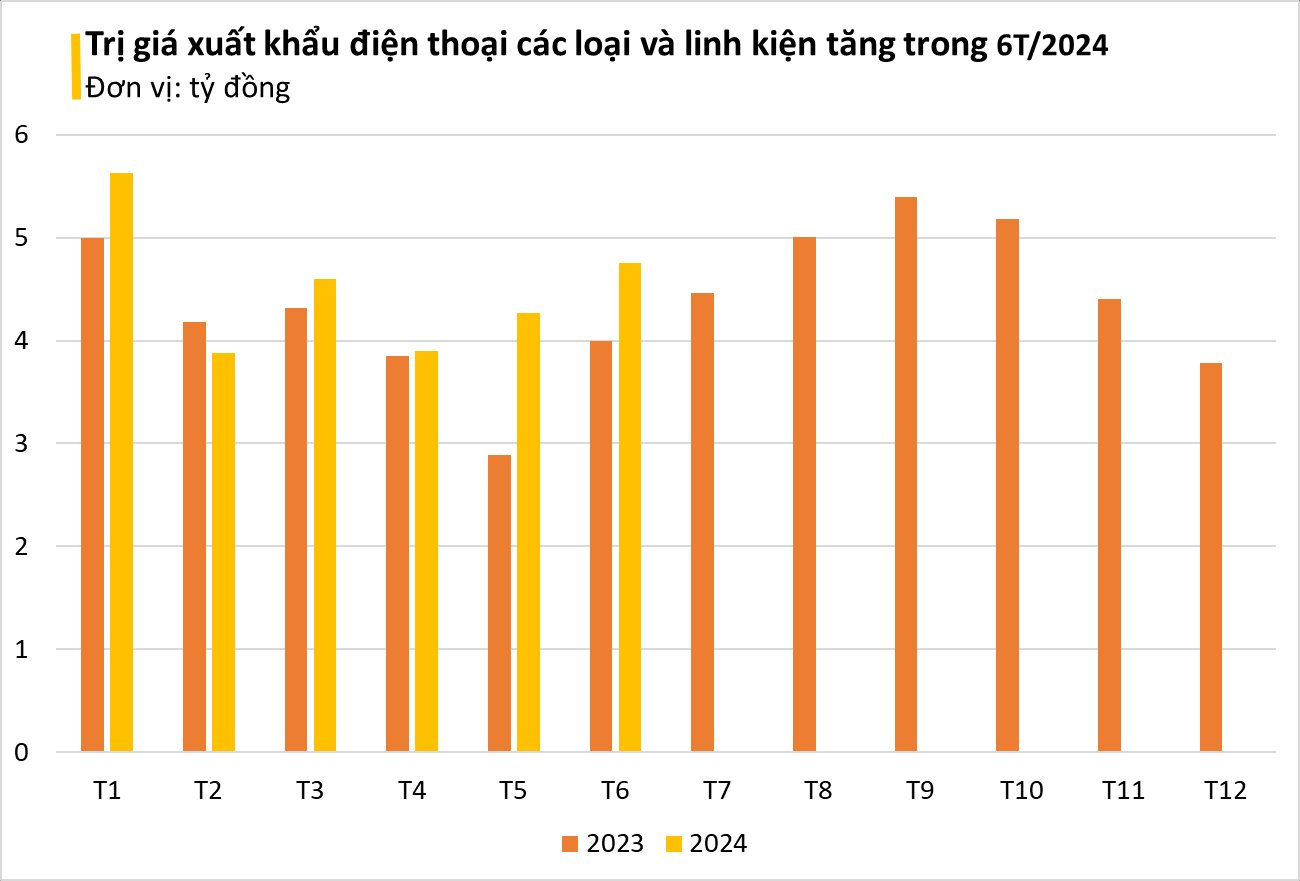
In a sophisticated scam that rocked the cryptocurrency community, Madame Ngo, aka Ngo Thi Theu, was recently apprehended in Thailand. Madame Ngo was wanted by Interpol for defrauding over 2,600 Vietnamese victims through a fake cryptocurrency trading and foreign exchange investment scheme, resulting in losses of approximately $300 million. Phan Duc Trung, Chairman of the Vietnam Blockchain Association, sheds light on the intricate scheme and the four-stage process employed by the fraudsters.
Stage 1: Promotion and Diffusion
The scam began with lavish events held in Hanoi and Ho Chi Minh City, where hundreds of attendees were enticed by promises of lucrative investment opportunities. Madame Ngo, presented as a member of a professional network, showcased a fake trading platform with a sleek interface, guaranteeing monthly returns of 20-30%. To bolster their credibility, the group hired celebrities and influencers with millions of followers to attend these seminars. The events were strategically organized across 44 offices in Vietnam and even expanded to Phnom Penh, Cambodia, creating a sense of exclusivity and urgency among potential victims.
Stage 2: Building Trust
According to Mr. Trung, the scam operated as a perfect pyramid scheme. Initially, victims were allowed to withdraw small amounts, creating a false sense of security. This encouraged early investors to invite friends and family, earning attractive commissions for each new recruit. Over 1,000 employees were involved in maintaining the facade, from salespeople to technicians operating the fake platforms. With 35 Vietnamese accomplices and a Turkish mastermind, the group resembled a multinational corporation with a singular goal: deception.

Phan Duc Trung, Chairman of the Vietnam Blockchain Association
Stage 3: Harvest and Disappearance
As initial accounts were converted, the fraudsters began their harvest. Victims attempted to withdraw their funds, only to find their accounts locked or faced with system maintenance messages. Communication with the organizers ceased, and over 2,600 people lost at least $300 million.
Stage 4: Money Laundering and Escape
To conceal their ill-gotten gains, Madame Ngo and her accomplices employed sophisticated methods. The majority of the funds were transferred to the Turkish mastermind, while Madame Ngo laundered her share through real estate investments in Vietnam. While on the run in Thailand, she received money through mule accounts in Vietnam, transferred to Thailand, and withdrawn in cash in increments of approximately $70,000 to avoid detection.
Mr. Trung emphasizes that such scams tarnish the reputation of the cryptocurrency market in Vietnam, which is already struggling for mainstream acceptance. The case of Madame Ngo serves as a stark reminder that the fight against financial crime is far from over. Investors are advised to educate themselves about cryptocurrency through reliable sources, such as the Vietnam Blockchain Association or Interpol, before venturing into this complex domain.
Mr. Trung also recommends that regulatory authorities enhance financial literacy among the public, especially in rural areas with limited access to financial services. Additionally, stricter monitoring of social media advertisements and consequences for influencers promoting fraudulent schemes are crucial steps in protecting unsuspecting victims.
“Legislators Propose Expanding Eligibility for Civil Servants to Participate in Business Management”
The parliamentary delegates proposed that the draft Enterprise Law should expand the scope of eligible civil servants permitted to manage enterprises. Instead of limiting this privilege to public universities, as is currently the case, this expansion would serve to actualize Resolution 57 and foster widespread innovation and creativity.
The Fall of the Van Thinh Phat Empire: Truong My Lan’s Sentence Reduced to 30 Years
The appeals court has reduced the sentence of Truong My Lan, who was previously sentenced to life imprisonment in the second phase of the Van Thinh Phat scandal. In her appeal, Lan requested a reduction in her sentence, and the court has now commuted her sentence to 30 years’ imprisonment for the three charges combined.
Unveiling the Land Case in Ba Ria – Vung Tau: Expanding the Investigation Net
According to investigators, this is a complex case involving multiple perpetrators, a significant number of forged documents, and a vast area of land affected by the fraud. The scope of the investigation must be expanded to uncover the full extent of the crime and bring those responsible to justice.











































